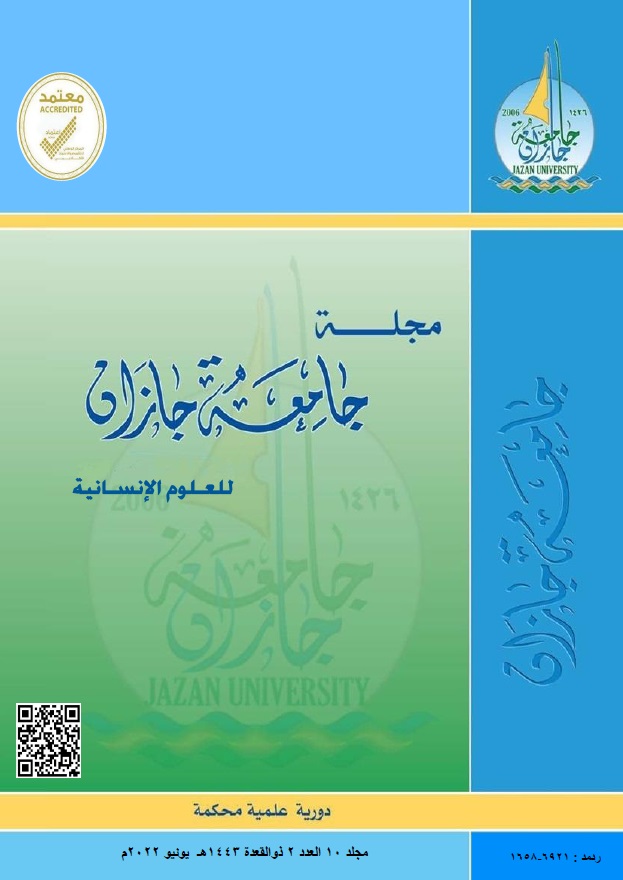Values of Tolerance and Coexistence in Charter of Makkah (2019)
Keywords:
Makkah Al-Mukarramah Declaration, Tolerance, Peaceful , Coexistence, Islamophobia, DialogueAbstract
The research highlights the significance of Makkah Al-Mukarramah Declaration /Charter of Makkah which was issued in 1440/2019 as well as the principles of tolerance, coexistence and mutual understanding between peoples of different cultures and religions. The Charter was distinguished in its presentation of the values of tolerance and coexistence or peaceful living because it was based on Islamic principles, and it addressed the world in a universal civilized language. The Makkan Charter derives the spirit of its provisions from the Medina constitution, whose provisions were laid down in the era of the Prophet, peace and blessings be upon him, 14 centuries ago. The problem of the research revolves around discussing the prevailing thought in the West that Islam cannot coexist with others, and a refutation of this idea through what the Makkan Charter highlighted regarding the importance of tolerance and peaceful coexistence in Islam, and how to promote them in the world through dialogue and mutual understanding. In the discussion, the research adopted the analytical and comparative method, with studying the concept and principles of tolerance and coexistence in the considerations of global thought. In addition, the paper addresses the increase in the phenomenon of Islamophobia in Western societies, and their problem of recognizing the other.
Downloads
Downloads
-
PDF (Arabic)
176
35
Published
Issue
Section
License
Copyright (c) 2022 CC Attribution 4.0

This work is licensed under a Creative Commons Attribution 4.0 International License.





